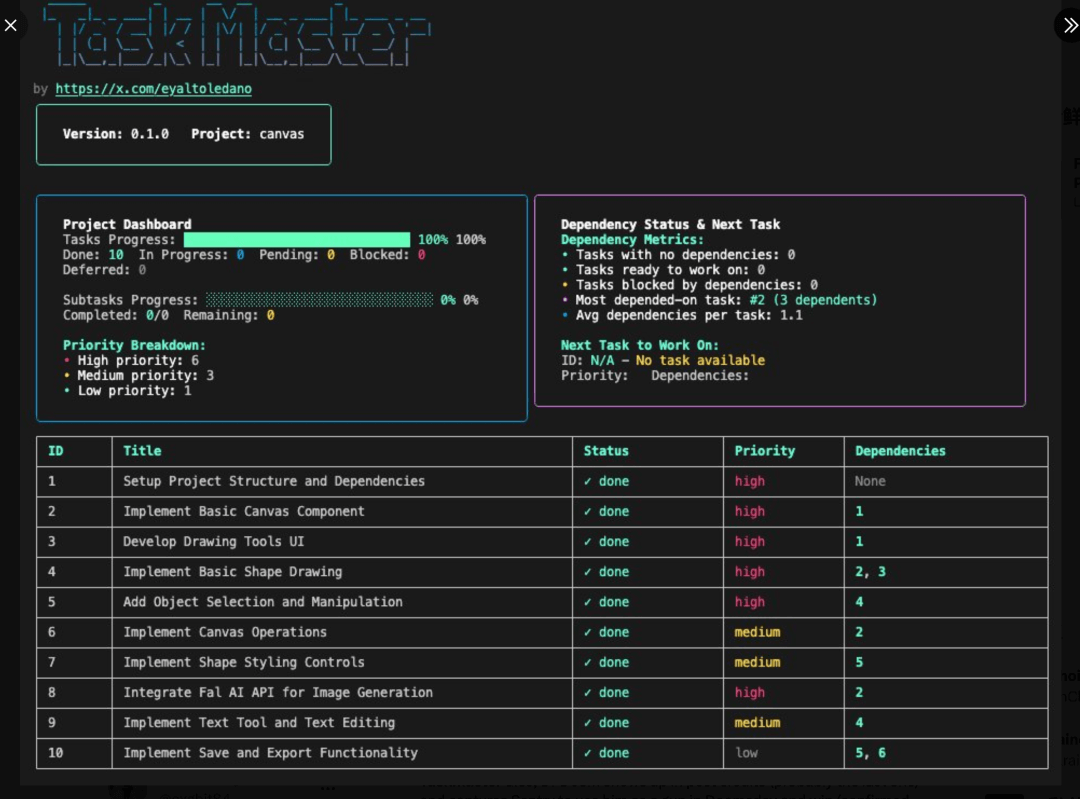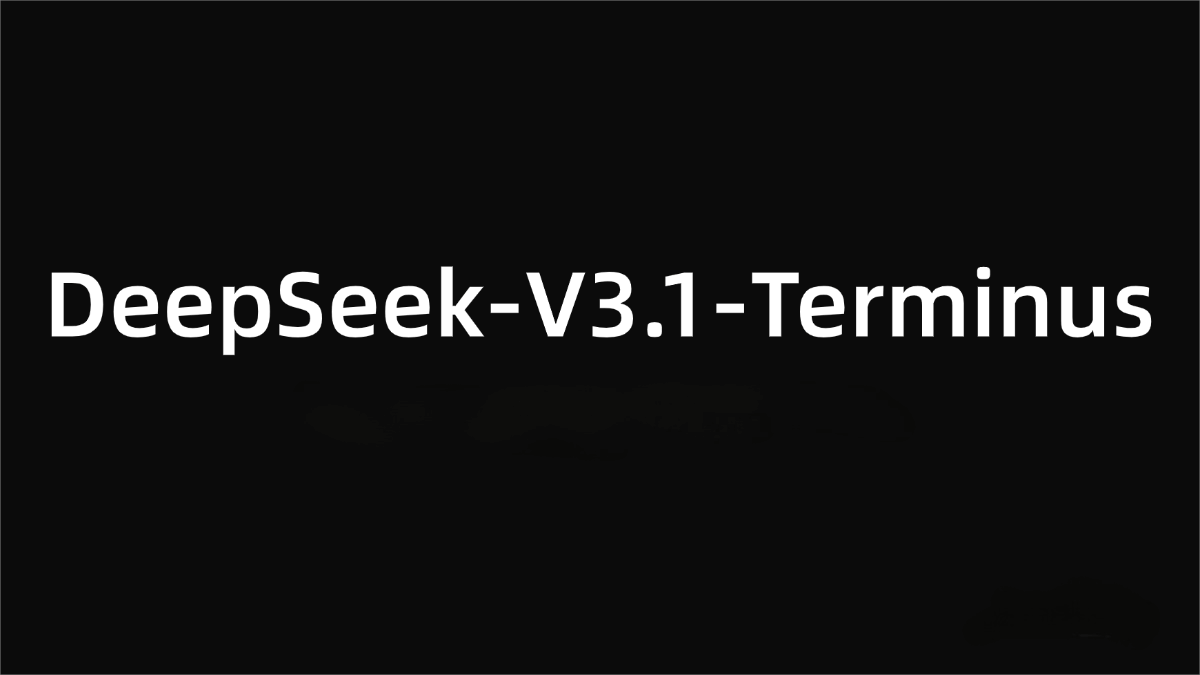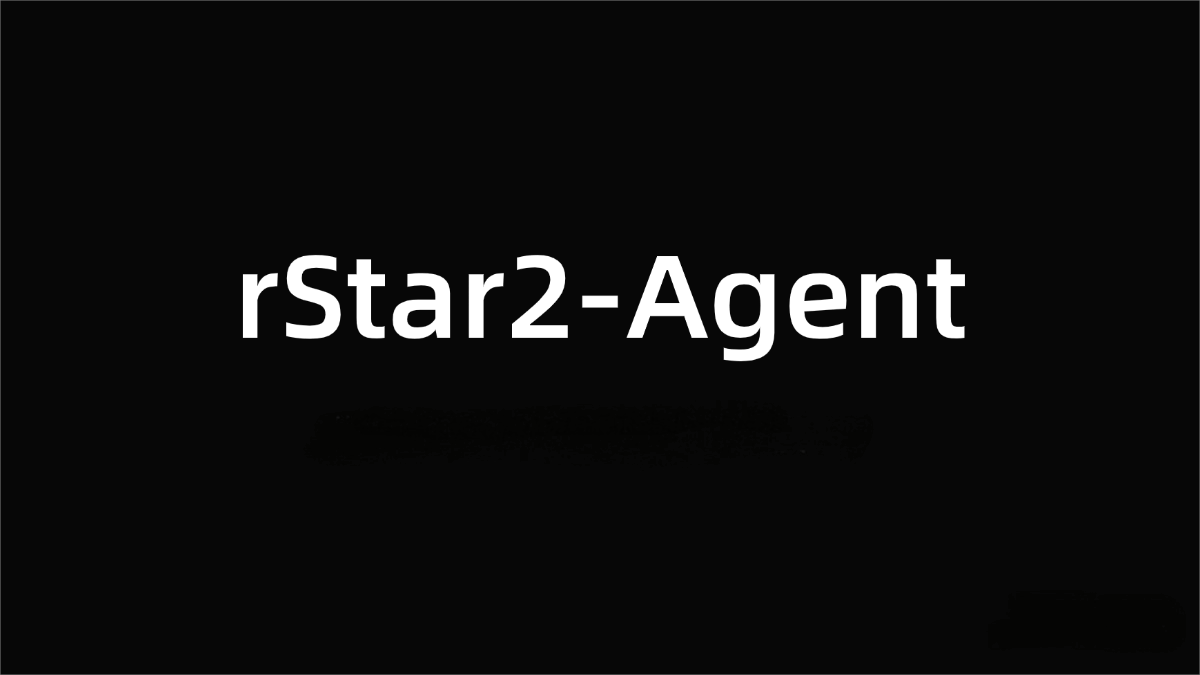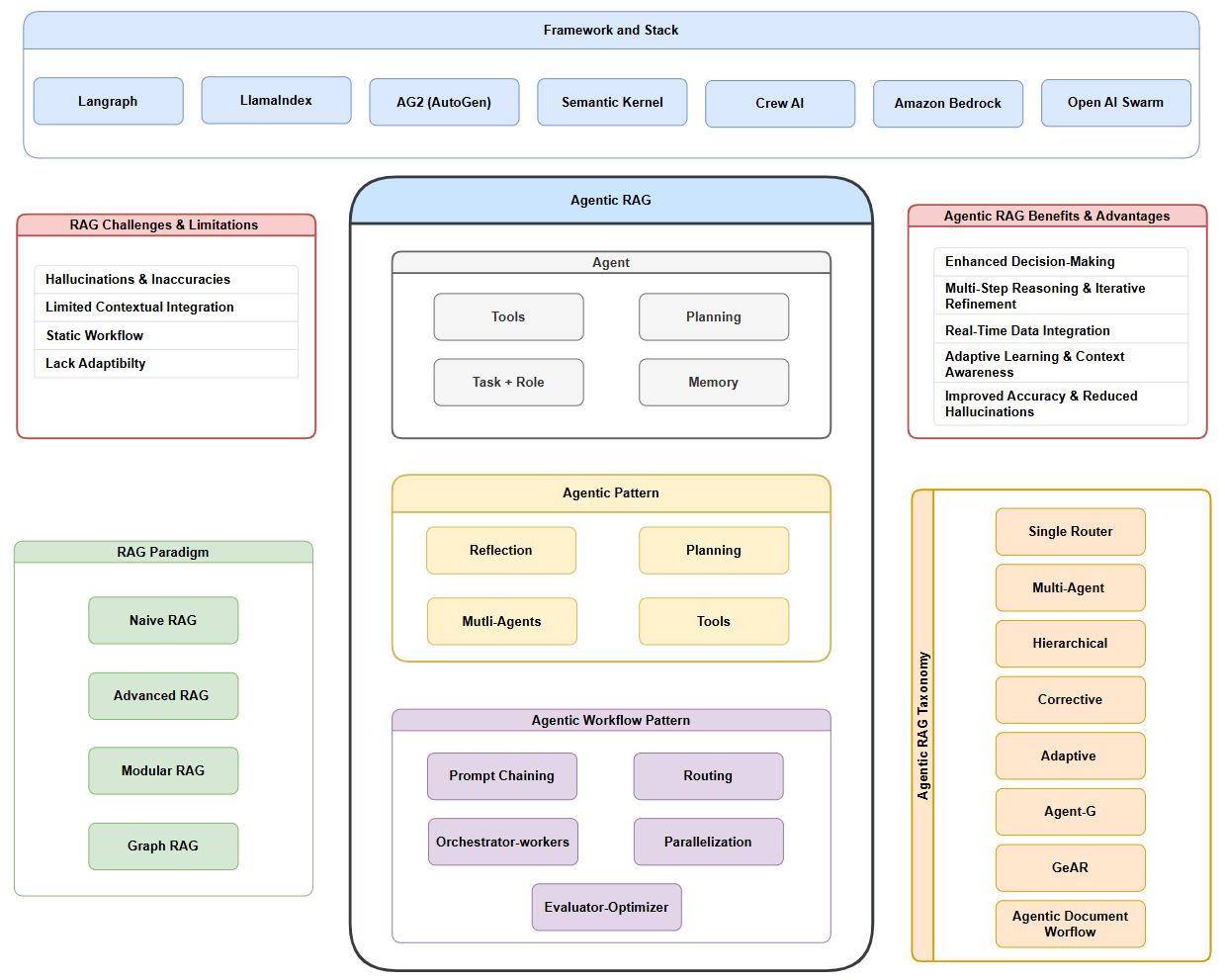OpenMemory MCP – A Local AI Memory Sharing Tool Based on MCP Protocol
What is OpenMemory MCP?
OpenMemory MCP is an open-source tool developed by mem0, built on the Model Context Protocol (MCP) to solve the memory limitations of AI tools by enabling shared contextual memory across different applications. It runs 100% locally, ensuring that all data is stored on the user’s device for maximum privacy and security. With cross-platform compatibility, standardized memory operations, and a centralized dashboard, OpenMemory MCP enhances productivity in scenarios such as software development, project management, and bug tracking, making AI interactions more coherent and efficient.
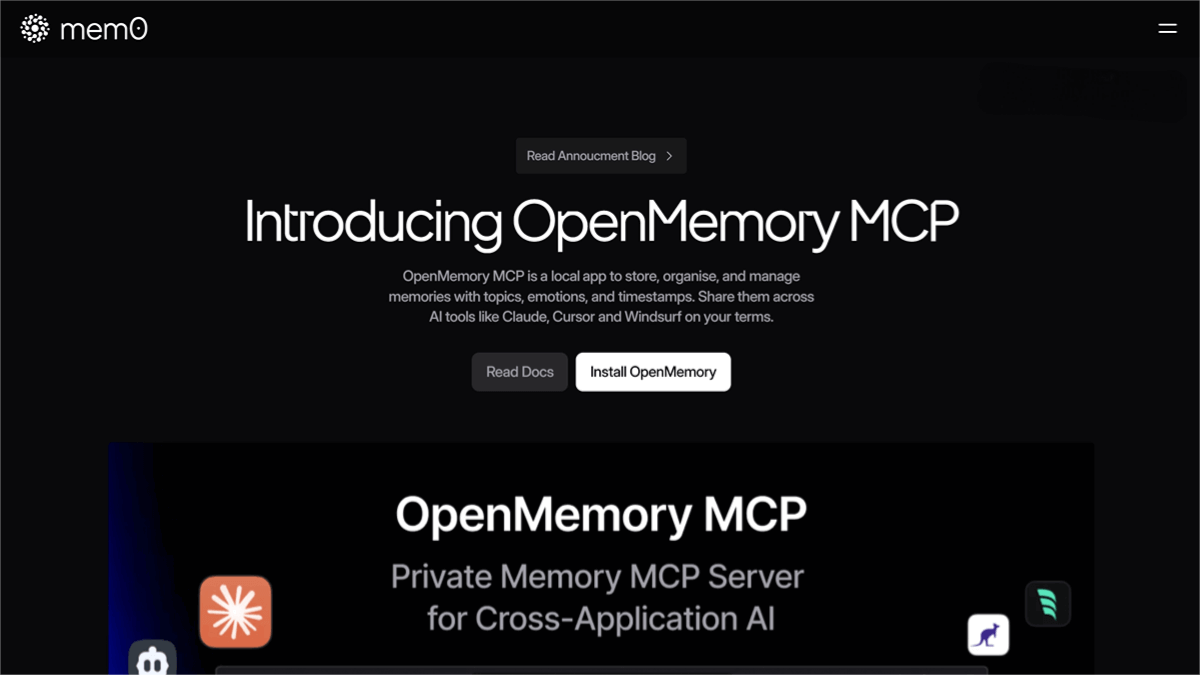
Key Features of OpenMemory MCP
-
Cross-Client Memory Sharing: Seamlessly share memory across different tools (e.g., Cursor, Claude Desktop) without repetitive inputs.
-
Local Storage: All memory data is stored locally, never uploaded to the cloud, ensuring user privacy and data security.
-
Unified Management Dashboard: Built-in dashboard allows users to view, add, and delete memory entries for centralized memory management.
-
Compatibility with Multiple Clients: Works with all MCP-compatible tools, including Cursor, Claude Desktop, Windsurf, and more.
-
Standardized Operations: Offers standardized APIs such as
add_memories,search_memory, etc., for consistent and simple memory management.
Technical Foundations of OpenMemory MCP
-
Model Context Protocol (MCP): Built on MCP to enable different AI tools (like Cursor and Claude) to share context information, maintaining data continuity. It supports standardized context operations (e.g., add, search, delete) to ensure consistency and interoperability between tools.
-
100% Local Execution: All data is stored and processed locally on the user’s device, avoiding cloud-based storage. This approach enhances data security, reduces network latency, and improves overall performance and user experience.
-
Private Memory Management: Contextual information is persistently stored even after sessions end. Secure read/write mechanisms allow safe memory sharing and updates across tools.
-
Docker-Based Deployment: Uses Docker containers to simplify installation and runtime environments, ensuring isolated and secure execution.
-
Zero-Knowledge Proof (ZK) Technology: Employs ZK proofs to encrypt and verify data processing entirely on the local device. This ensures privacy protection, allowing users to validate or exchange data without revealing the underlying content.
Project Links
-
Official Website: https://mem0.ai/openmemory-mcp
-
GitHub Repository: https://github.com/mem0ai/mem0/tree/main/openmemory
Application Scenarios
-
Software Development: Share code writing, debugging, comments, and more across different tools to boost productivity.
-
Project Management: Maintain context consistency across planning, execution, and handover stages, enhancing team collaboration.
-
Meeting Notes: Capture key points and decisions for easy review and team sharing.
-
Personal Knowledge Management: Help users store personal notes, ideas, emotional reflections, and other forms of personal knowledge.
-
API Development: Track API usage patterns, feature requests, and documentation for better development and optimization.
Related Posts

